Every country has inventors and theorists who have made a large contribution and impact that have helped shape our modern world. Here are seven of the most notable Dutch scientists and their contributions.
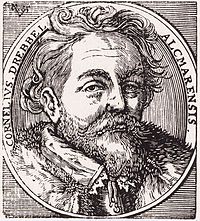 Cornelis Drebbel (1572 – 1633)
Cornelis Drebbel (1572 – 1633)
Drebbel is credited with building the first working submarine. The English navy tasked him with designing a boat that could move underwater. His creation was a watertight vessel with holes for oars (also made watertight with leather), and oxygen supplied to the crew through a snorkel device. The Dutch have always been conquerors of water!
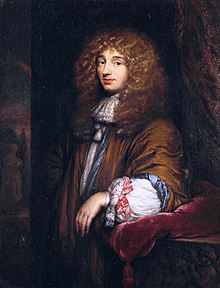 Christiaan Huygens (1629 – 1695)
Christiaan Huygens (1629 – 1695)
Huygens was a mathematician, astronomer and physicist. He worked on formulating the theory of light being a wave. He also determined the shape of the rings of Saturn and contributed to the science of dynamics.
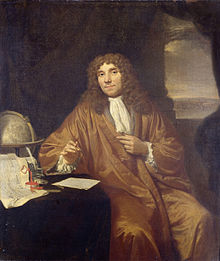 Antoni van Leeuwenhoek (1632 – 1723)
Antoni van Leeuwenhoek (1632 – 1723)
Van Leeuwenhoek was a self-taught microbiologist who mastered the art of lens making. He used his lens to observe single-celled life forms, which at the time was met with much speculation and disbelief. He later went on to discover bacteria in water and spermatozoa.
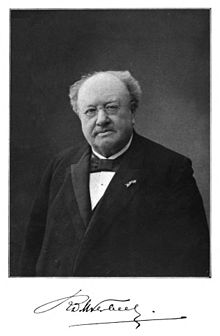 Rogier Verbeek (1845 – 1926)
Rogier Verbeek (1845 – 1926)
Verbeek was given the task of analysing all the phenomena that occurred in the wake of the eruption of Krakatoa in 1883. His study led him to the discovery of infrasound. Infrasound is inaudible to human ears and includes sound waves up to 20Hz. Infrasound monitoring is now used to detect nuclear testing, detecting earthquakes and tracking the movement of icebergs.
 Ben Feringa (1951 – Present)
Ben Feringa (1951 – Present)
Feringa jointly won the Nobel Prize in Chemistry in 2016 for his invention of the first synthetic motor, a tiny molecular device that keeps turning in response to light.
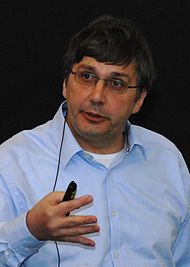 André Geim (1958 – Present)
André Geim (1958 – Present)
While born in Russia, Geim has Dutch nationality. His work with his colleague Konstantin Novoselov earned them the Nobel Prize in Physics in 2010. They discovered graphene, a material with many properties; most notable is its super-efficient conductivity, making it ideal for modern electronics.
 Jaap Haartsen (1963 – Present)
Jaap Haartsen (1963 – Present)
Haartsen has never made any money from his invention, even though it is used all over the world: he invented Bluetooth, the wireless connection between electrical devices. Haartsen has been inducted into the American Hall of Fame for his contributions to science.
 +31 (0)50 367 71 97
+31 (0)50 367 71 97  info@connect-int.org
info@connect-int.org